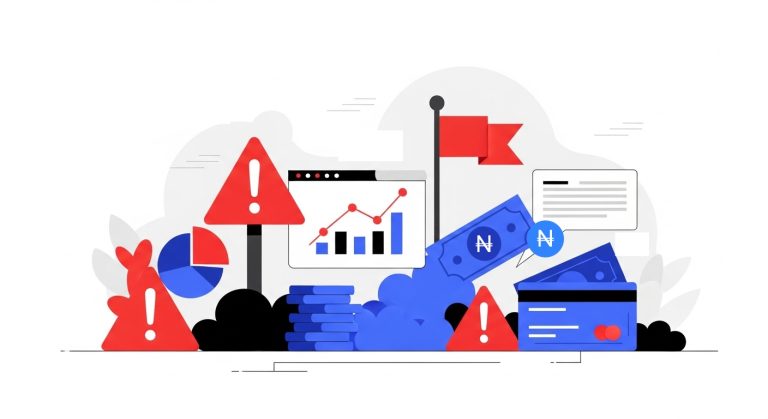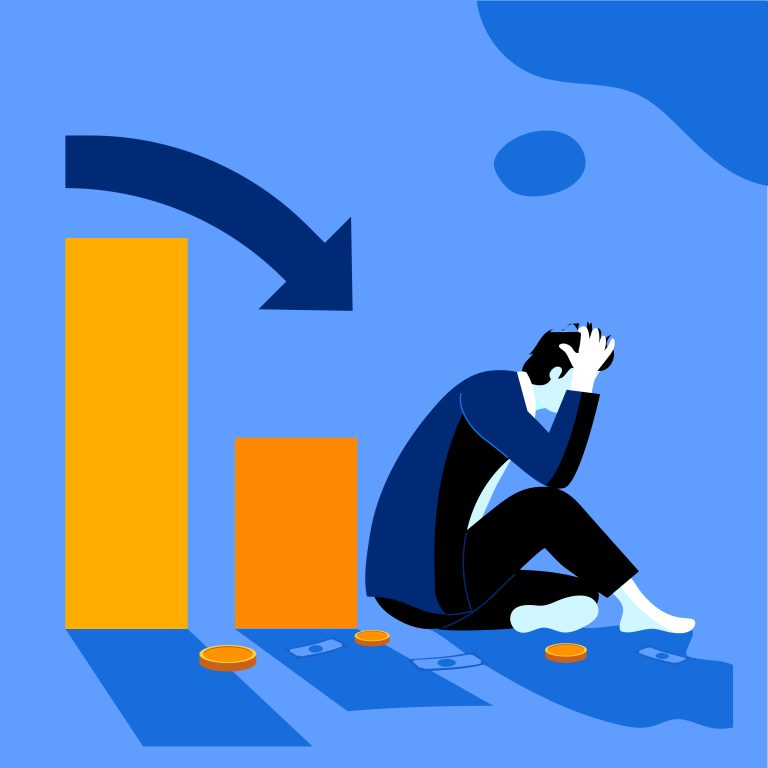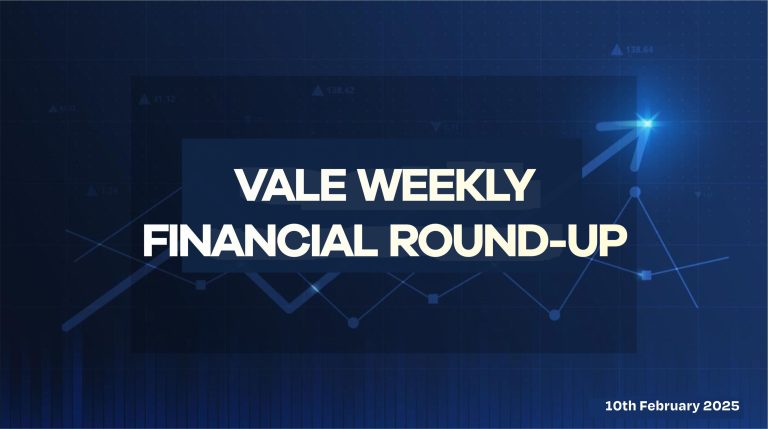Understanding Emotional Spending
You swipe your card, transfer the money, or click checkout, and for a moment, it feels good. Maybe you bought something you have wanted for a while or treated yourself after a stressful week. But almost immediately, that feeling turns into something else. A little wave of anxiety creeps in. You start asking yourself if it was necessary. You open your banking app to check how much you have left. You feel a bit of regret, even though what you bought was not unreasonable. If this sounds familiar, you are not alone. Many people feel guilty after spending money, even when they are not doing anything wrong. The truth is, this is not just about the money. It is emotional.
It Is Not Always About How Much You Spent: Sometimes you feel bad after spending, not because you emptied your account, but because of the meaning you have attached to money. Maybe you were raised to see spending as a lack of discipline. Or maybe money was tight growing up, so now that you can afford some things, you still feel like you are doing something wrong by enjoying it. The guilt is not about the transaction itself. It is about the stories and beliefs you have carried for years. These beliefs sit quietly in the background until you try to break them, and that is when the guilt shows up.
Guilt Can Be a Sign That Something Is Off
Feeling guilty is not always a bad thing. Sometimes it is your mind’s way of telling you to pause and reflect. Maybe you spent money trying to impress someone, or you made an impulsive decision that you did not think through. In cases like this, guilt is a reminder to make more mindful choices next time. But other times, the guilt is misplaced. You feel bad even though you planned for the purchase, budgeted properly, and made a reasonable decision. When that happens, the guilt is no longer helpful. It is just noise, and it can stop you from enjoying the things you have worked hard for.
Emotional spending goes both ways. Most people hear emotional spending and think about impulsive shopping, like buying things you do not need when you are sad or bored. That is part of it, but emotional spending also shows up in the guilt you feel after a purchase. Whether you are spending it to feel better or punishing yourself for spending at all, the emotion is still in control. That is why it is so important to separate your feelings from the facts. Just because you feel guilty does not mean you did something wrong. Sometimes you just need to pause and ask yourself, was this a smart decision, or am I reacting based on old habits?
You are allowed to enjoy your money. This is the part nobody says enough, you are allowed to enjoy the money you earn. You are allowed to buy yourself something nice. You are allowed to celebrate your wins, big or small. Being financially responsible does not mean you must constantly deprive yourself. In fact, a healthy relationship with money includes balancing saving, spending, and sometimes even spoiling yourself. The key is being intentional. When you plan your spending, when you know you can afford something, and when it fits into your bigger picture, then you should feel no shame or guilt about it.
Finally, let go of the shame, keep the discipline. You can be disciplined with your money and still enjoy it. The goal is not to feel guilty every time you spend. The goal is to build a system that works for you, one where your bills are covered, your savings are growing, and you still have room to enjoy your life. Guilt has no place in that system. What you need is clarity. When you know where your money is going and why, you make better choices. And when you make better choices, you start to feel more confident instead of guilty. That confidence is what helps you stay consistent over time.
NOW TO THE NEWS
IMF projects 37% inflation rate for Nigeria in 2026
The International Monetary Fund (IMF) has projected that Nigeria’s headline inflation will average 26.5% in 2025, following a recent rebasing of the Consumer Price Index (CPI) by the National Bureau of Statistics (NBS).
The inflation rate, although down from 33.2% in 2024, is expected to spike again to 37.0% in 2026.
This forecast is contained in the IMF’s April 2025 World Economic Outlook (WEO), which paints a cautious picture of Nigeria’s macroeconomic prospects amid reform-driven adjustments and external volatility. Despite a temporary slowdown in inflation, the Fund warns that price stability remains elusive.
Money supply rises to N114.2 trillion in March amid soaring inflation
Nigeria’s broad money supply (M3) rose to N114.22 trillion in March 2025, up by 24% year-on-year from N92.19 trillion in the same month of 2024, according to the latest data from the Central Bank of Nigeria (CBN).
The surge in money supply comes amid rising inflationary pressures, with headline inflation climbing to 24.23% in March.
On a month-on-month basis, M3 rose by 3.2% from N110.71 trillion in February. This was largely driven by a sharp increase in net foreign assets (NFA), which jumped by 38.9% to N45.17 trillion, signaling stronger capital inflows and improved external liquidity.
Naira trades flat as CBN accounts for 50% dollar inflows
The naira on Tuesday closed flat at the official foreign exchange (FX) market as the Central Bank of Nigeria (CBN) recorded the highest dollar sale in one week, accounting for 50 percent inflows.
After trading yesterday at the Nigerian Foreign Exchange Market (NFEM), the naira depreciated slightly by 0.2 percent as the dollar was quoted at N1,602.63 compared to N1,599.93 seen on Thursday last week before the Easter holiday, data from the CBN showed.
The naira also closed flat, steadying at N1,610 per dollar in the parallel market, also known as the black market, according to data collated from street traders and online platforms.
The NAFEM window recorded an inflow of $1.42 billion compared to $847 million from the previous week, a report by Coronation Merchant Bank Research. The CBN accounted for 50.60 percent of the total inflow. Foreign Portfolio Investors (FPIs) earned 8.61 percent; non-bank corporates brought in 25.14 percent; exporters, 12.99 percent; while other sources accounted for 2.66 percent.
Naira muted in unofficial market, Dollar turns green in global market
The naira maintained its position within the N1,600–N1,605/$ band against the global reserve currency, even as the dollar index climbed from a three-year low.
Despite the recent weakness in the dollar index, which dropped to a three-year low earlier, the naira’s value has remained relatively stable over the past week.
However, the local currency continues to face mild pressure due to ongoing global risks, including trade conflicts, declining oil prices, and mounting concerns about Nigeria’s deteriorating trade balance.


